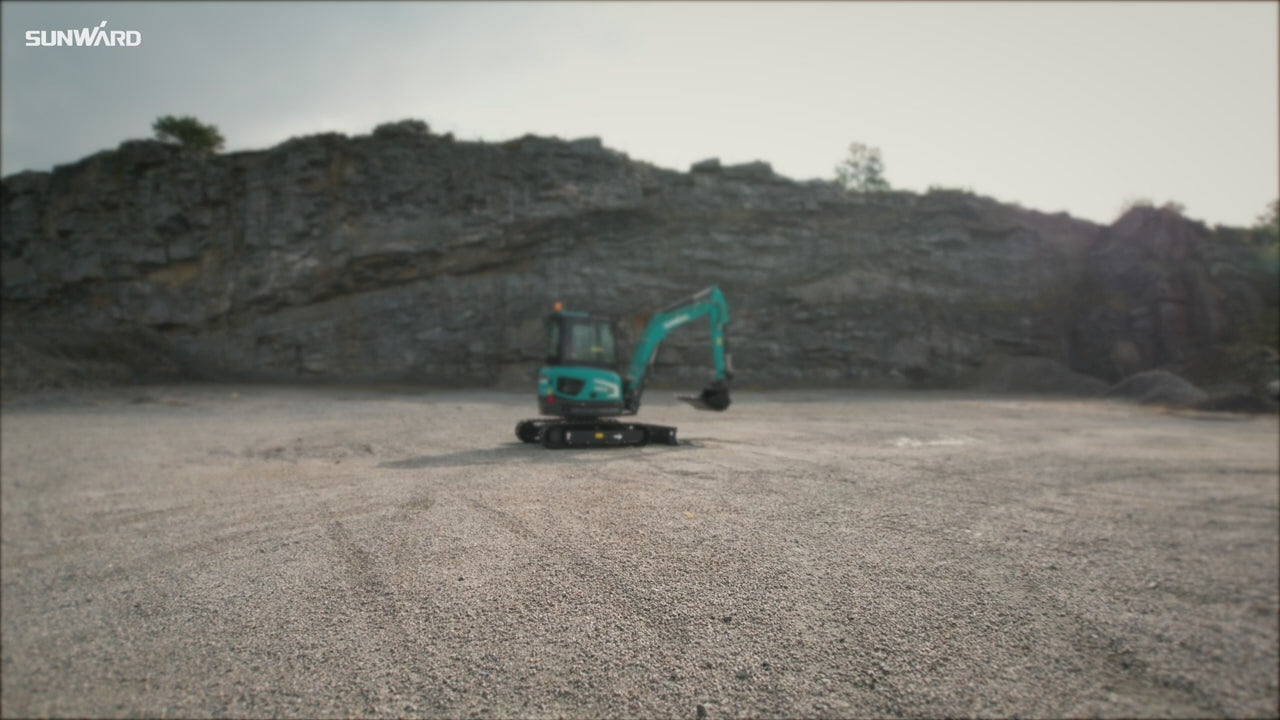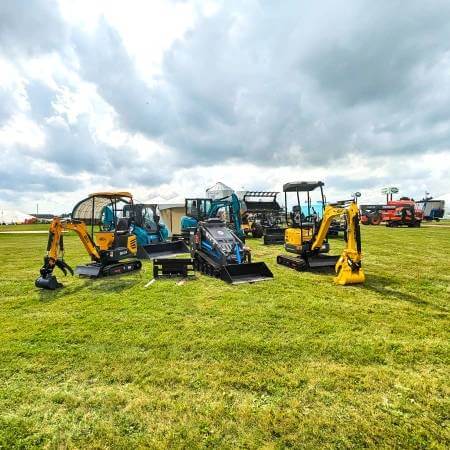Safety First: Best Practices for Operating Excavators Efficiently and Safely
The age of rapid construction owes much to powerful machines like excavators. Their unmatched capability, while revolutionizing construction, also poses challenges in ensuring safety. Striking a balance between work efficiency and safety is not negotiable, and this guide is aimed at every excavator operator who prioritizes both.
I. Immersive Machine Familiarization
-
Understanding the Variants: From mini excavators suited for backyard tasks in Toronto to larger models roaring in Vancouver's mega-construction sites, every variant has its operational nuances. Grasping these is the first step to safety.
-
Interactive Training Tools: Modern training isn't confined to manuals. Interactive DVDs, online modules, and even augmented reality tools provide hands-on knowledge without real-world risks.
-
Simulator Training: For sites in challenging terrains, like some parts of BC or Ontario, simulator training offers an environment to practice without actual consequences.
II. Pre-Operational Checks: The Essential Ritual
-
Under-the-Hood Checks: Beyond just visual assessments, checking coolant levels, hydraulic fluids, and oil levels can preempt many operational issues.
-
Tire and Track Vigilance: For those operating in areas like Ontario or Vancouver, where weather can be erratic, ensuring optimal tire and track conditions is non-negotiable.
-
Emergency Systems Review: Regularly test emergency shutdown systems, alarms, and fire suppression systems. It's vital these function flawlessly when required.
III. Operational Protocols: Efficiency Meets Safety
-
Zonal Safety: Especially in crowded cities like Toronto, creating safe zones with clear demarcation helps in keeping unauthorised personnel away from the operation area.
-
Elevated Concerns: When working near embankments or excavations, the risk of cave-ins or material collapses is real. Reinforce such zones and always have a spotter.
-
Precision in Loading: In bustling markets like Vancouver or Toronto, where every inch of space counts, precision in excavator loading can prevent mishaps. Always maintain a safe distance from the edge.
-
Weather-Dependent Operation: Canada's diverse climate, from the wet conditions in BC to snow in Ontario, demands weather-specific operational protocols.
IV. Navigating the Post-Operation Landscape
-
Material Disposal: Especially for those in environmentally conscious regions like Vancouver and BC, understanding local regulations for material disposal is crucial.
-
Machine Cool Down: Before shutting down, especially in colder regions, allowing the excavator to cool down can prevent system shocks.
-
Data Logging: Modern excavators come with digital logging tools. Review these logs to understand machine performance and potential issues.
V. Preventive Maintenance: The Unsung Hero
-
Professional Check-ups: Whether you're operating in Toronto's urban sprawl or BC's vast landscapes, regular professional inspections can unearth issues invisible to the untrained eye.
-
Leveraging Technology: IoT and AI tools, especially for those in tech-forward areas like Vancouver, can predict potential malfunctions, offering a chance to fix issues before they escalate.
VI. Building a Safety-First Culture: The Collective Responsibility
-
Safety Workshops: Regular workshops, especially in high-demand areas like Toronto and Vancouver, can keep the crew updated with the latest safety guidelines.
-
Feedback Loops: Encourage the team to report near-miss incidents. Analyzing these can offer invaluable insights into potential safety risks.
-
Toolkits & Resources: Always have a safety toolkit ready. This should include first-aid, emergency contacts, and quick reference guides.
Safety should never be compromised when operating heavy machinery like excavators. By adhering to the best practices outlined above and fostering a culture of safety and continuous learning, operators can ensure they complete their tasks efficiently without putting themselves or others at risk. Remember, a safe worksite is a productive and successful one. For more insights into excavator operations, safety guidelines, and more, stay tuned to our content hub dedicated to all things construction and excavation.







